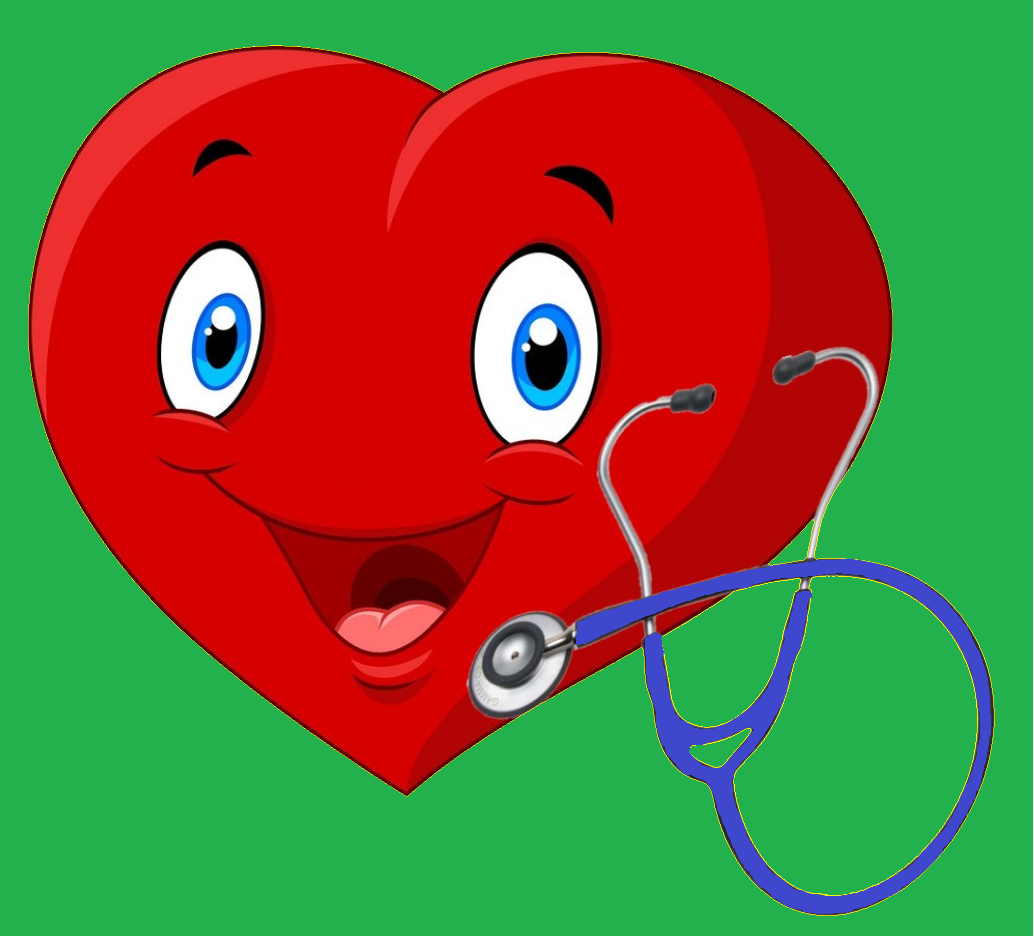What is Supraventricular Tachycardia?
Supraventricular tachycardia (SVT) is a type of arrhythmia that is characterized by an abnormally fast heart rate. This condition occurs when the electrical signals that control the heart’s rhythm become disrupted, causing the heart to beat faster than normal.
SVT is a common condition that can affect people of all ages. However, it is more common in women than in men. It can be caused by a variety of factors, including stress, caffeine, alcohol, nicotine, certain medications, and underlying heart conditions.
Symptoms of SVT can vary from person to person, but they typically include a rapid heartbeat, palpitations, shortness of breath, chest pain, dizziness, and fainting.
Testing for SVT
If you experience any of these symptoms, it is important to seek medical attention immediately. To diagnose the condition, your doctor may order tests, such as an electrocardiogram (ECG) or a Holter monitor. Once diagnosed, an echocardiogram (heart ultrasound) will be performed to evaluate the heart anatomy and heart function.
Treatment for SVT
Treatment for SVT depends on the severity of the condition. In some cases, lifestyle changes, such as reducing stress and avoiding triggers like caffeine and alcohol, can help manage the symptoms. Medications or procedures such as catheter ablation may be necessary in more severe cases to control the heart rate.
If you have been diagnosed with SVT, working closely with your doctor to manage the condition and prevent complications is important. With proper treatment and care, most people with SVT can live normal, healthy lives.
To schedule a cardiac consultation, contact our office at 406-272-2376.


